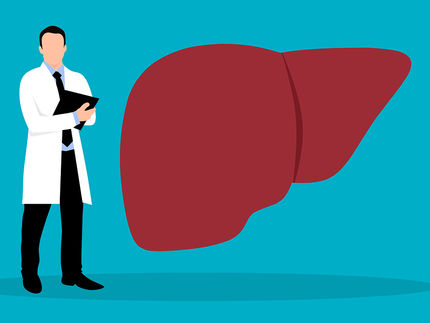Spanish OWL Genomics presents a HEPATOchip for diagnosis of non-alcoholic steatohepatitis (NASH)
OWL Genomics developed the first DNA chip concerning diagnosis and prognosis of non-alcoholic steatohepatitis (NASH), allowing the discrimination between normal steatosis and NASH predisposed subjects.
The HEPATOCHIP has been developed in collaboration with the Hepatology Services of the Clinic Hospital in Barcelona and Príncipe de Asturias Hospital in Alcalá de Henares (Madrid). This chip analyses the co-expression of 85 genes that are related with NASH and is about to be validated in collaboration with the Hepatology Service of Gregorio Marañón Hospital (Madrid).
The HEPATOCHIP method determines the co-expression of genes in the liver tissue sample, providing monitoring treatment regimens to check progression/regression of these liver pathologies. The chip can be used as a prognostic tool for NASH-predisposed patients, to enable more finely tuned diagnosis of this disease and allow healthcare professionals to tailor treatment to individual patients' needs. It also assess the efficacy of non-alcoholic steatohepatitis treatment by determining progression or regression of NASH in patients before, during, and after NASH treatment.
Non alcoholic steatohepatitis is a progressive disease of the liver of unknown etiology, characterized histologically by fatty acid accumulation, hepatocyte damage and inflammation resembling alcoholic hepatitis. NASH is a critical stage in the process that spans from hepatic steatosis to cirrhosis and hepatocarcinoma. NASH is one of the most common causes of elevated aminotransfereases in patients referred for evaluation to hepatologists. Obesity and diabetes type-2 are associated to NASH. Since the prevalence of these diseases is increasing, the prevalence of NASH is also expected to increase and therefore, this disease has become an emerging public issue.
Most read news
Other news from the department research and development

Get the life science industry in your inbox
By submitting this form you agree that LUMITOS AG will send you the newsletter(s) selected above by email. Your data will not be passed on to third parties. Your data will be stored and processed in accordance with our data protection regulations. LUMITOS may contact you by email for the purpose of advertising or market and opinion surveys. You can revoke your consent at any time without giving reasons to LUMITOS AG, Ernst-Augustin-Str. 2, 12489 Berlin, Germany or by e-mail at revoke@lumitos.com with effect for the future. In addition, each email contains a link to unsubscribe from the corresponding newsletter.





















































